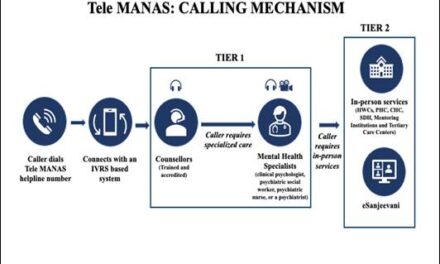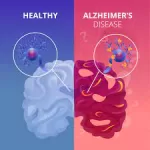A recent study set to be presented at the American Academy of Neurology’s 76th Annual Meeting has revealed a significant connection between essential tremor, a movement disorder marked by involuntary shaking, and an increased risk of developing dementia. The findings suggest that individuals with essential tremor are three times more likely to develop dementia compared to the general population.
The study involved 222 participants with essential tremor, with an average age of 79 at the study’s outset. Cognitive skills were evaluated using thinking and memory tests. At the start of the study, 168 participants exhibited normal cognitive abilities, while 35 were diagnosed with mild cognitive impairment (MCI), and 19 already had dementia.
Over a follow-up period averaging five years, researchers conducted periodic evaluations every 1.5 years. During this time, 59 participants developed mild cognitive impairment, and 41 progressed to dementia.
Striking Comparison with General and Parkinson’s Populations
The data highlights significant differences between individuals with essential tremor and the general population. Of the participants, 19% either had or developed dementia over the course of the study. For those initially diagnosed with mild cognitive impairment, approximately 12% progressed to dementia annually—a rate three times higher than observed in the general population.
Additionally, 27% of participants experienced mild cognitive impairment, nearly double the rate seen in the general population but lower than the 40% prevalence noted among individuals with Parkinson’s disease.
Implications for Future Research and Care
These findings underscore the importance of early detection and monitoring of cognitive changes in individuals with essential tremor. Understanding the link between the disorder and dementia could pave the way for improved interventions and support systems for those at risk.
The study sheds light on a critical, often-overlooked aspect of essential tremor, encouraging further exploration into the mechanisms behind this heightened risk of dementia.











